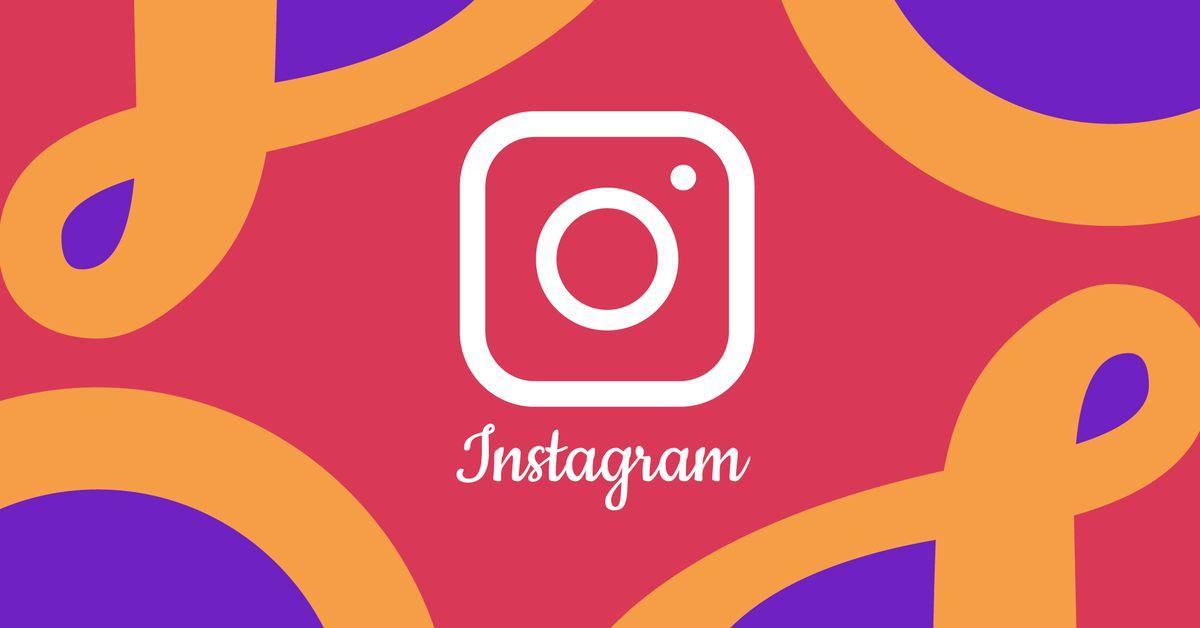Writing about the decline of Pitchfork made me sad about the music industry — and also about the state of music discovery. Besides the fact that TikTok doesn’t prioritize music as anything other than background noise, it means that artists have to win the viral lottery in order to make a hit. And that’s entirely out of their control.
- Home
- Technology
- News
You should be playing Music League
Music used to be social. Then, the streamers took over. But this app brings your friends together to make music social again.


But about two weeks ago, a friend of mine introduced me to Music League, a game where everyone in the league submits a song to a playlist, and a group of us started playing. About a day after the first one formed, I made two more: one for another friend group and one for family.
Music League makes music social in a way that social media algorithms, ironically, do not
I’ve enjoyed hearing new songs. The family league introduced me to psychedelic rockers Dead Meadow’s “Binah,” which led me to their album Force Form Free, and a friends game was the first time I heard The Exploding Hearts’ “Rumours in Town,” which got me to the sublime power pop album Guitar Romantic. I would not have encountered the songs — and certainly not the excellent albums — on my own.
Music League makes music social in a way that social media algorithms, ironically, do not. Every league I am in has a group chat that erupts when a new playlist drops, and again when the votes are in. The comments on the songs are often very funny and might be my favorite part of the game.
When I was younger, the monoculture meant that we were all listening to — more or less —the same things. (It also made “hipsters” possible, in that they could define themselves against that culture by promoting smaller, independent artists.) That sort of dissolved as streaming services came to dominate music dissemination.
Spotify’s algorithmic discovery just keeps shoveling you more of what you already like. Did you listen to Nine Inch Nails? Great, here’s some more Nine Inch Nails. Oh, you added Whitney Houston to a playlist? All the other suggested tracks for the playlist are from the same album. The personalized playlists just play back whatever you’ve been listening to most often. The effect is getting trapped in a bubble all by yourself.
It’s been a joy to hear the stories behind the picks
It’s been cathartic to burst that bubble, and not just because I’m learning about music I wouldn’t have encountered otherwise.
The app works like this: people sign up from their Spotify accounts, joining a public or private league. The league has rounds, and each round generates a playlist. The administrator of the group picks how many songs each person may submit for the round, how many points people can use to vote for the songs in the round, how many rounds there are, the themes for the rounds, and the due dates for submissions and votes.
I don’t really care about the votes. For me, it’s been a joy to hear the stories behind the picks. Sometimes my friends are trolling each other — choosing a song that strongly suggests another player selected it, for instance — and that’s pretty fun, too. Music is supposed to be shared. That’s what makes live shows electric.
Also, picking themes is extremely fun! Here are some from the leagues I am in:
There have been some pretty inspired picks for these playlists! (The “Former Disney stars” category had the obvious: Ryan Gosling, Justin Timberlake, Britney Spears, and Olivia Rodrigo. But also, someone submitted hair metal goofballs Cinderella.) And thinking about the themes and the audience has a kind of lovely nostalgia for me — like when I used to make mixtapes for driving to high school.
Of course, Music League isn’t a replacement for the broad cultural resonance music had when there were healthy cultural institutions that buoyed new artists. Once upon a time, there were independent radio stations, MTV played music videos, and even as late as the early 2010s, Pitchfork could still send albums up the charts. But I’ll take any reprieve I can from algorithmic sludge.
Sure, you can get competitive about the points if you want. But for me — to borrow a phrase from the absolute legend Lemmy — the pleasure is to play. And if you, too, want a break from the algorithm, I can’t recommend Music League enough.



















